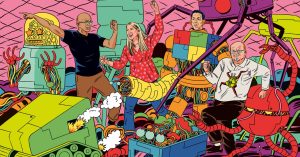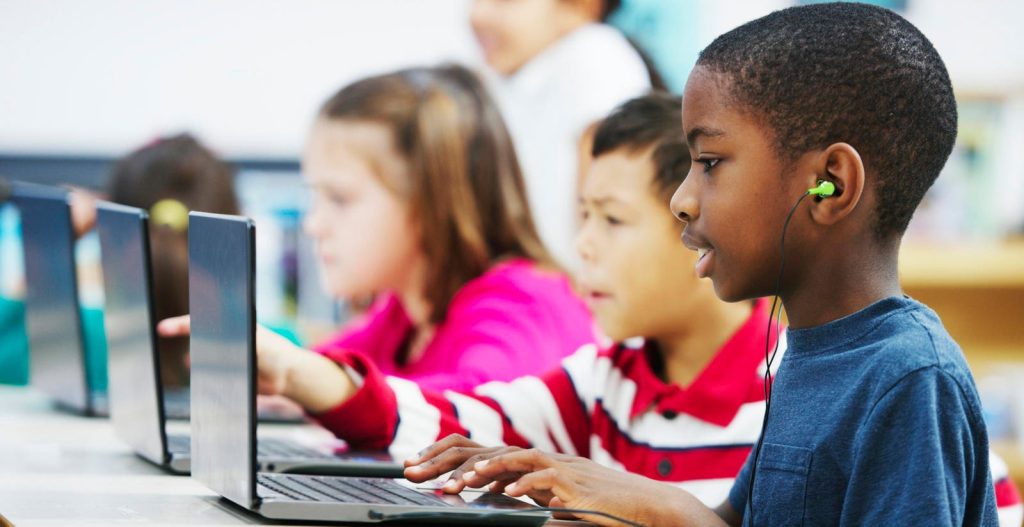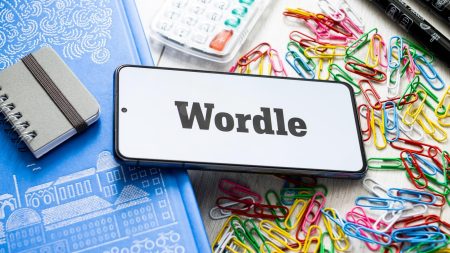The teacher shortage crisis is a major concern, casting a shadow on educational quality across the globe. In this academic climate, the rise of AI in the classroom sparks both hope and skepticism. Alpha school is leading the way, devoid of traditional teachers and reliant on its AI-powered curriculum and “guide” system. This innovative approach offers a glimpse of a promising future where technology and human ingenuity merge to redefine education.
Personalized Learning
AI has become a game-changer in education by customizing learning experiences according to students’ individual learning styles and paces. Alpha’s app-based tutoring system is a prime example of this. It is personalized for each student’s strengths and weaknesses, a significant departure from the traditional “one-size-fits-all” classroom approach. For instance, consider a child who struggles with math concepts. AI can modify the exercises and explanations to suit their learning style, enabling them to understand the material better.
Moreover, this AI-driven education system offers instant and detailed feedback, which may be lacking in some schools. Such immediate response fosters a deeper understanding and encourages a more engaged learning process. This level of individualized attention is a powerful tool for enhancing knowledge and engagement.
AI as a Stopgap Solution
The benefits of AI in education extend beyond personalized learning. AI could play a vital role in states like Delaware, where there’s a notable discrepancy between the number of available teachers and the student population. The teacher shortage also hits hardest in underserved communities, where access to qualified educators is already limited. The teacher-to-student ratio is critical to educational quality, and AI can effectively bridge this gap. In an interview with Rachel Sawicki of Delaware Public Media, Stephanie Ingram, president of the Delaware State Education Association, highlights another challenge: the dwindling number of graduates from teacher preparation programs. AI can serve as a vital stopgap measure, ensuring educational standards don’t plummet due to a lack of human resources.
Reimagining the Learning Process
Beyond simply filling the gap, AI can enhance and revolutionize how we approach learning. Alpha’s model, where students reportedly learn twice as much in half the time, demonstrates the potential for efficiency and time-saving measures. By providing basic instruction and grading, AI can free teachers to focus on individual needs and complex areas like critical thinking, social-emotional learning and activities. This shift could lead to a more engaging and fulfilling school experience for both students and educators.
The Human Touch Remains Essential
In light of its benefits, embracing AI as a panacea for the education crisis would be a dangerous misstep. The high cost of Alpha’s model raises concerns about accessibility and equity, potentially exacerbating existing social and economic inequalities. Additionally, the ability of AI to nurture critical human skills like empathy, collaboration and critical thinking remains unproven. These skills are fundamental to well-rounded individuals and citizens, and, as of now, their development requires the human touch of qualified educators who can guide and inspire.
The Future We Seek
While AI presents a novel solution to the teacher shortage crisis, it should be viewed as a complement to human educators rather than a replacement. AI can be a powerful tool for personalized learning, efficiency and data-driven insights. At the same time, human teachers provide the irreplaceable human touch, critical thinking guidance and emotional support that AI cannot. This dynamic partnership can create an innovative and nurturing learning environment, ensuring that every student, regardless of background or learning style, has the opportunity to reach their full potential.
Read the full article here






